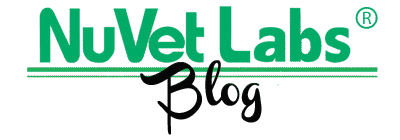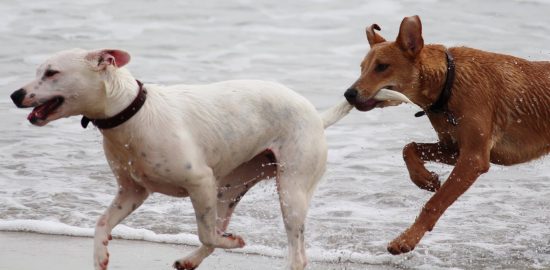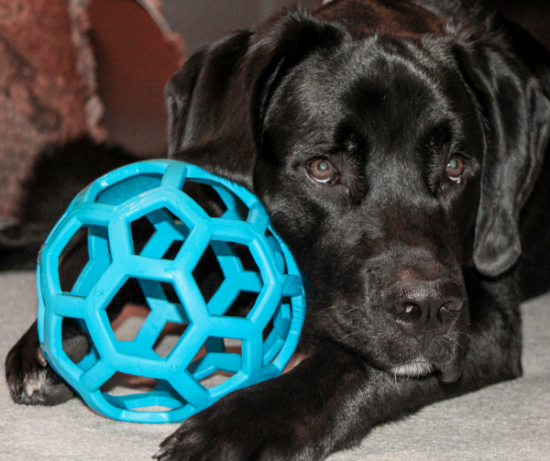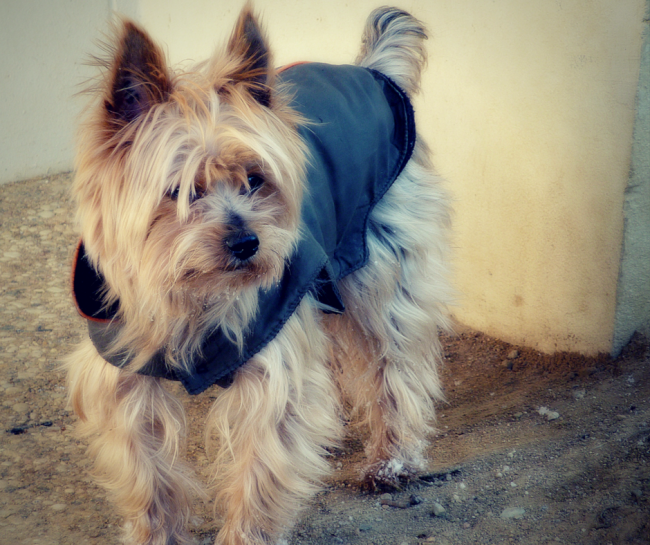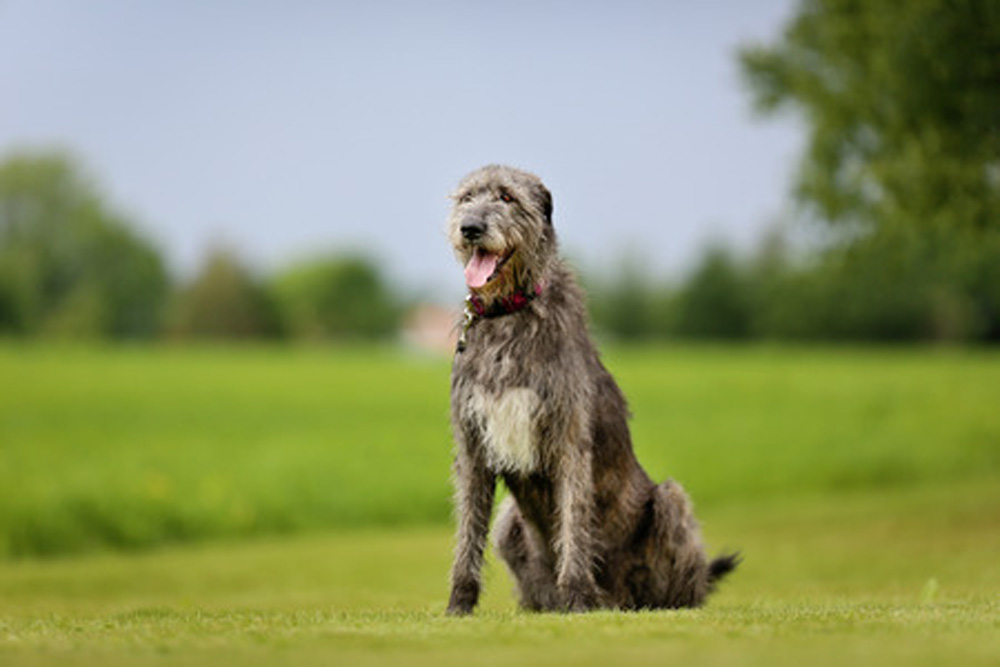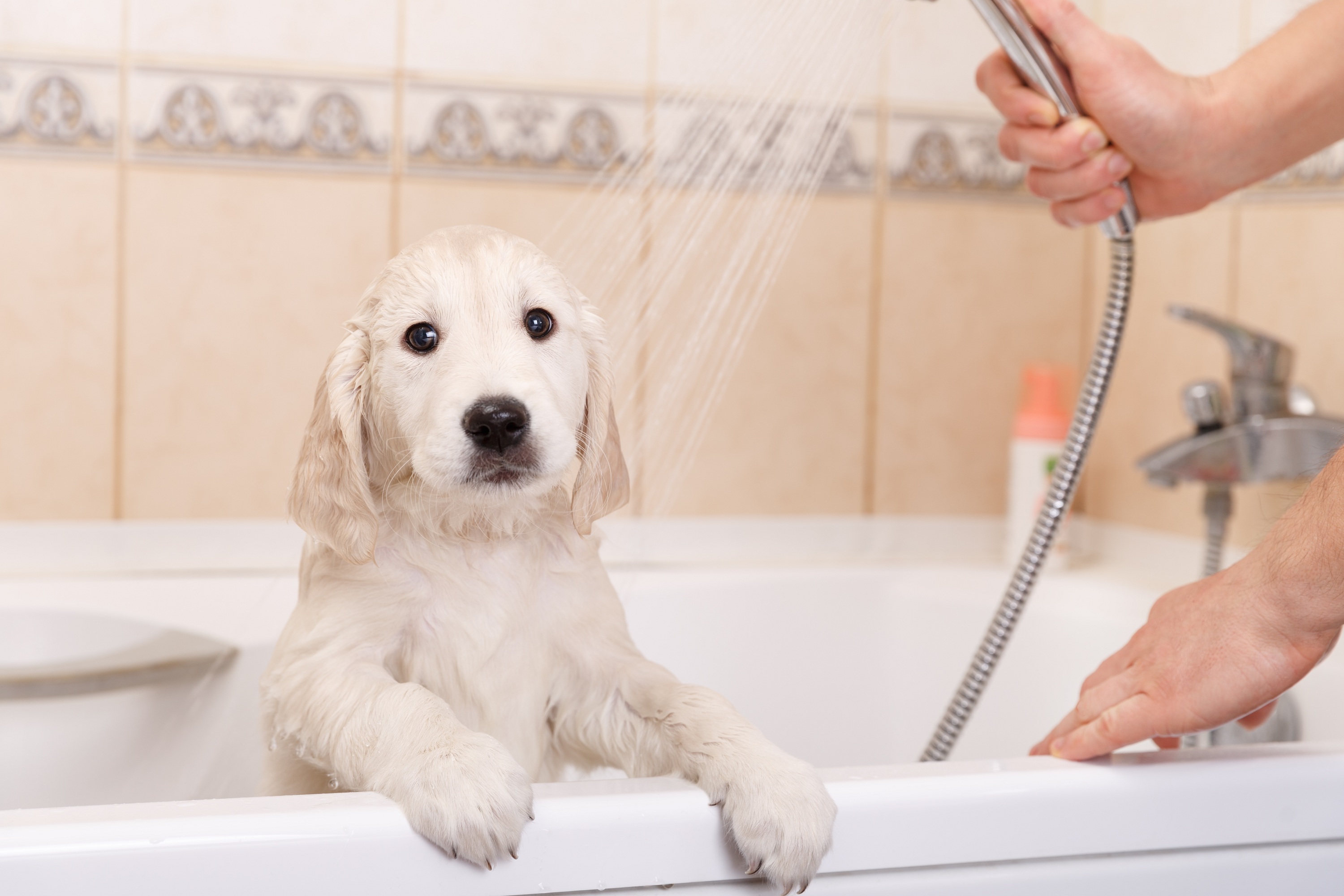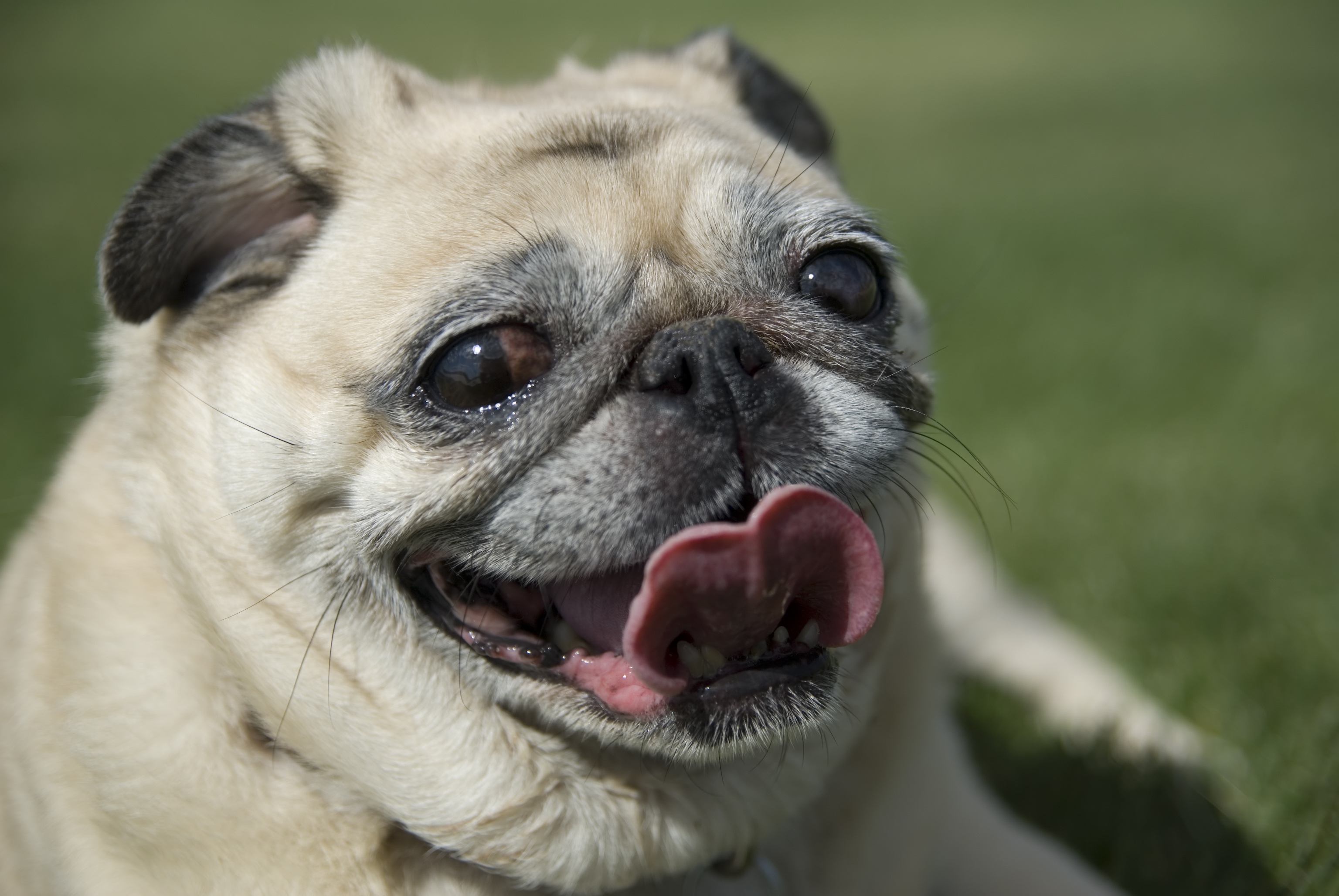Keep Your Puppy From Biting and Jumping
Two common behavior issues seen in puppies are play biting and jumping. Both behaviors are reflections of how puppies play with their litter mates, so approach these problems with the understanding that your young dog is doing what comes naturally to him. Continue reading for some simple steps to help teach your puppy that these … Read more
